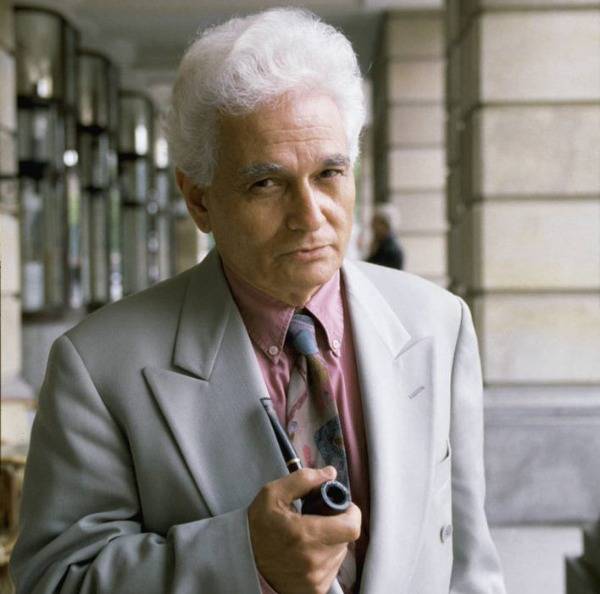This article is a preview from the Spring 2019 edition of New Humanist
deal from Old Frisian “dela” (to divide, distribute) and Old English “dæl” (a part of a whole, a share)
This must be one of the media’s most repeated words of the last two years. Amongst the Germanic tribes that settled in what is now England were the Frisians, who had been living in what is now Holland. They used a word sounding like “deal” and by the year 800, Anglo-Saxon scribes used it to mean a “part” or an “amount” of something. Around 888 AD King Alfred translated the philosopher Boethius into Old English. In his translation is the phrase “tweȝen dælas” meaning, “two deals” or two parts.
In Shakespeare’s Twelfth Night (formally written down in 1623), we find: “O what a deale of scorne, lookes beautifull? In the contempt and anger of his lip”. Here, the “deal” really means “a large amount”.
From at least the 13th century, you could use the word “deal” in the phrase “no deal” but this didn’t refer to, let’s say, leaving a discussion with no agreement. It could mean “by no means” or “not at all”. Alongside this, it came into card-playing and we find Jonathan Swift in 1729 talking of “the Deal, the Shuffle and the Cut” in a game of cards. By the early 1800s, the word was being used in a slangy way to mean a “bargain” or a “transaction”. In the sequel to Tom Brown’s Schooldays, we find “He wanted to have a deal with me for Jessy . . .” (a horse). From the 1860s, in American English, the word “deal” was a way of talking about political agreements with a hint that they were suspect.
That’s all “deal” as a noun. So when did “deal” become a verb? Or was it the other way round? It’s hard to say, because we can find it being used in the Old English Bible (some of which goes back to the 7th century) as a verb. One of the great flexibilities of English usage is that anyone who has ever spoken English has been able switch around the functions of the words.
Clearly, a deal or no deal with the EU will be described as “historic”. People won’t be referring to the long history of the word itself, but it’s amusing to think that its first users in England had themselves come from the other side of the Channel.

